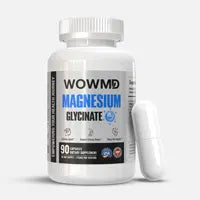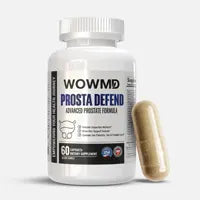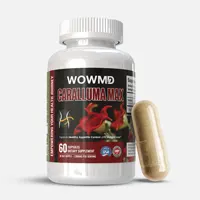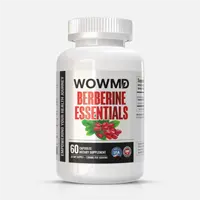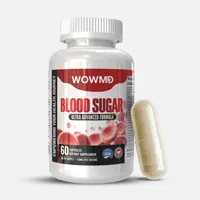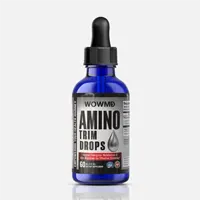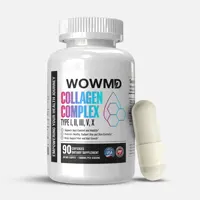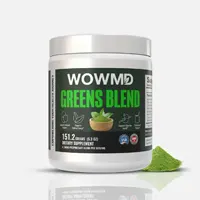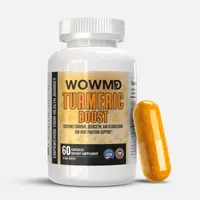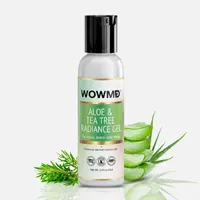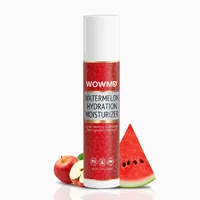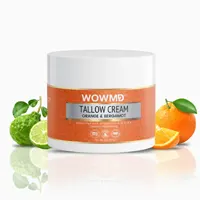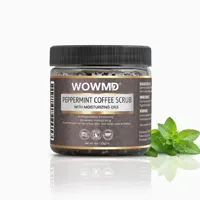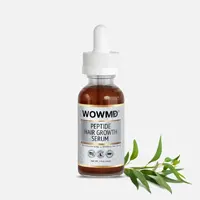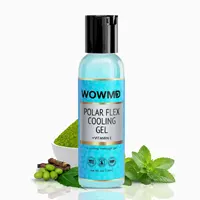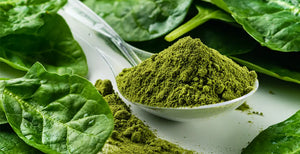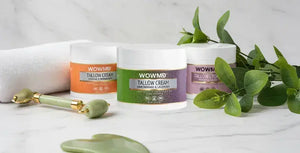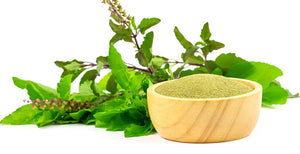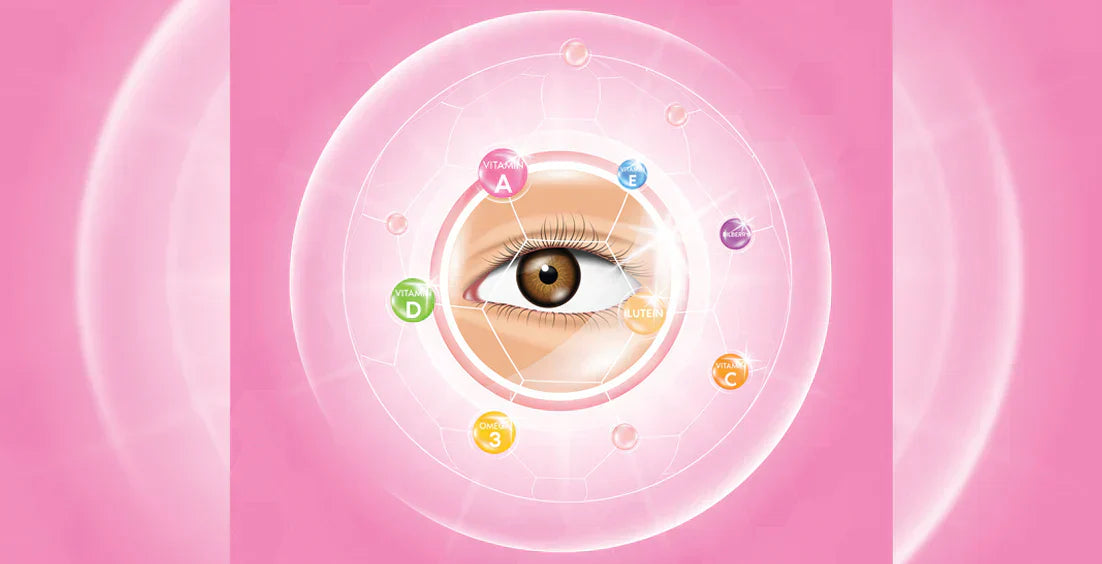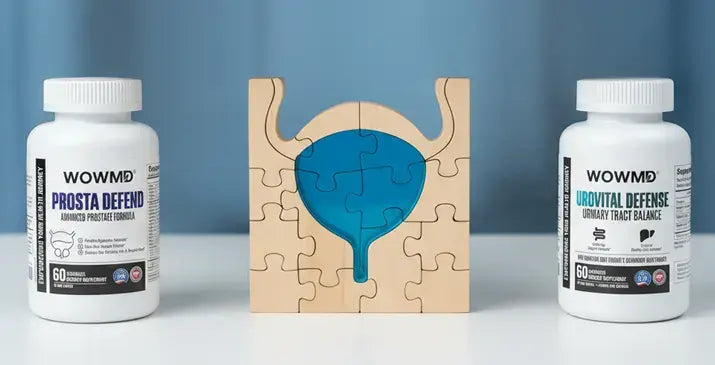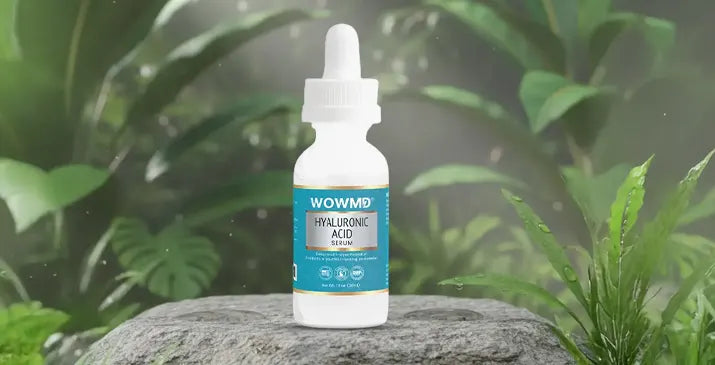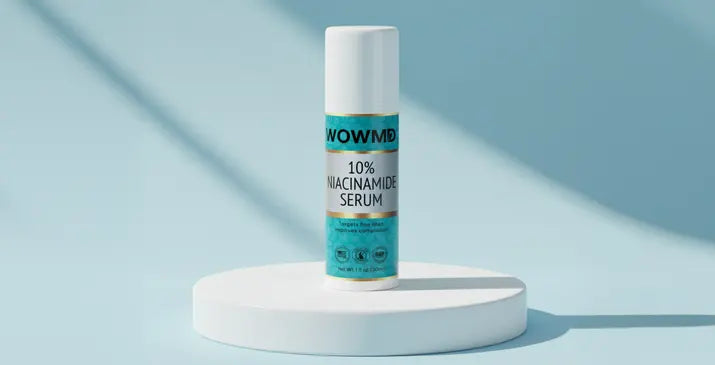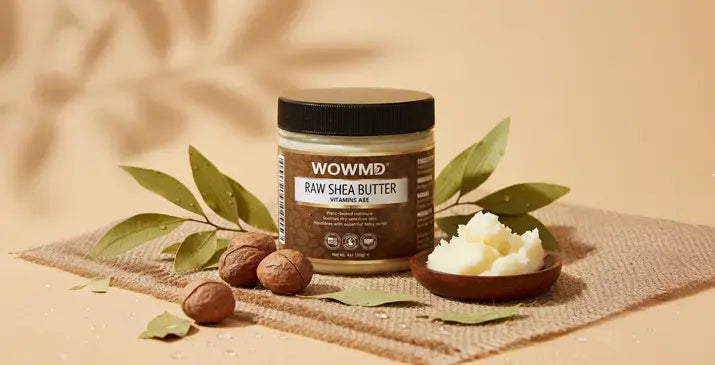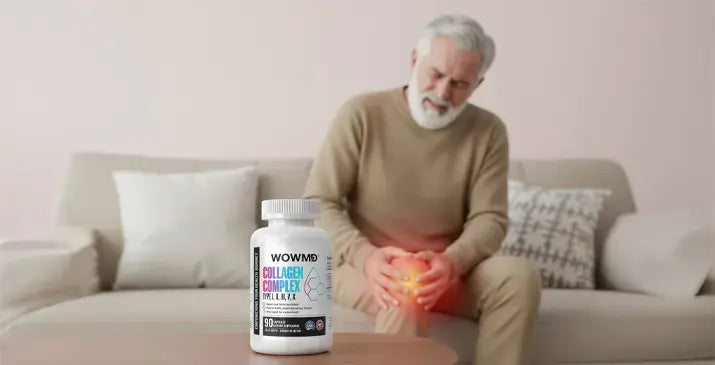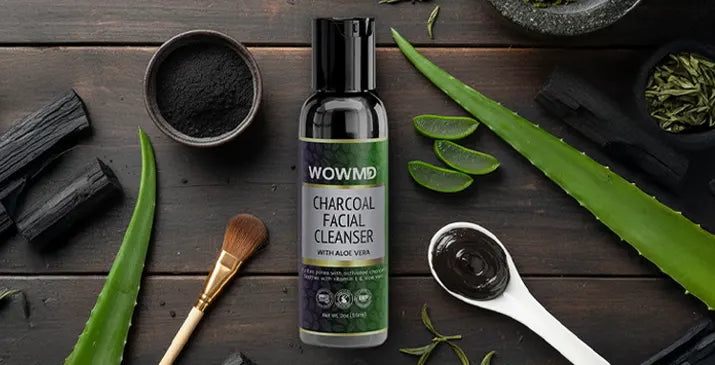The Vitamins for Eye Health: Natural Way for Better Sight
Looking for the best vitamins for eyes? In this article, uncover key nutrients that support clear vision and long-term eye health. Learn more here!
Advertiser Disclosure: WOWMD independently vets all recommended products. If you purchase a featured product, we may be compensated. Learn why you can trust us.
You May Also Like
Popular Stories
- Superfood Greens Powder Uses & Recipes
- The Best Beef Tallow Products for Radiant Skin: A 2026 Guide
- Holy Basil : Ayurveda’s Herb for Balance, Immunity & Everyday Calm
- Best Gel Moisturizers for Hydration & Skin Care in 2026
- 7 Best Effective Supplements for Improving Bladder and Prostate Health in 2026
- 4 Best Cooling Gels for Skin and Body: Instant Refreshment and Relief
References
WOWMD follows strict sourcing guidelines to ensure the accuracy of its content, outlined in our editorial policy. We use only trustworthy sources, including peer-reviewed studies, qualified experts, and information from top institutions.
- The eye signs of vitamin A deficiency https://www.ncbi.nlm.nih.gov/pmc/articles/PMC3936686/
- The WHO programme of prevention and control of vitamin A deficiency, xerophthalmia and nutritional blindness https://pubmed.ncbi.nlm.nih.gov/3090484/
- Possible biologic mechanisms for a protective role of xanthophylls https://pubmed.ncbi.nlm.nih.gov/11880589/
- Lutein, Zeaxanthin and Meso-zeaxanthin Supplementation Associated with Macular Pigment Optical Density https://pubmed.ncbi.nlm.nih.gov/27420092/
- Dietary omega 3 fatty acids and the developing brain https://pubmed.ncbi.nlm.nih.gov/18789910/
- A Randomized, Double-Masked, Placebo-Controlled Clinical Trial of Two Forms of Omega-3 Supplements for Treating Dry Eye Disease https://pubmed.ncbi.nlm.nih.gov/27817918/
- Pilot, prospective, randomized, double-masked, placebo-controlled clinical trial of an omega-3 supplement for dry eye https://pubmed.ncbi.nlm.nih.gov/21045648/
- Gamma linolenic acid: an antiinflammatory omega-6 fatty acid https://pubmed.ncbi.nlm.nih.gov/17168669/
- Vitamin E and risk of age-related cataract: a meta-analysis https://pubmed.ncbi.nlm.nih.gov/25591715/
- The interaction of vitamin A and zinc: implications for human nutrition https://pubmed.ncbi.nlm.nih.gov/6774607/
- Oral zinc in macular degeneration https://pubmed.ncbi.nlm.nih.gov/3277606/
 Alpha Man Power Pack
Alpha Man Power Pack All-Day Fat Burn Trio
All-Day Fat Burn Trio Better Immunity Bundle
Better Immunity Bundle  Calm & Sleep Duo
Calm & Sleep Duo Cognitive Health & Vision Combo
Cognitive Health & Vision Combo Complete Weight Loss Bundle
Complete Weight Loss Bundle Core Vitality Trio
Core Vitality Trio Energy Booster Combo
Energy Booster Combo Focus Fuel Trio
Focus Fuel Trio Glow & Balance Duo
Glow & Balance Duo Health Balance Trio
Health Balance Trio Heart Care Bundle
Heart Care Bundle Joint Health Support Combo
Joint Health Support Combo Men's Immunity & Prostate Health Bundle
Men's Immunity & Prostate Health Bundle Metabolism Boost Duo
Metabolism Boost Duo Natural Skin Care Bundle
Natural Skin Care Bundle Peak Performance Duo
Peak Performance Duo Relax & Recharge Duo
Relax & Recharge Duo Skin Detoxification Bundle
Skin Detoxification Bundle Smart Energy Trio
Smart Energy Trio Stress + Energy + Wellness Combo
Stress + Energy + Wellness Combo  Total Burn Ignite Trio
Total Burn Ignite Trio Total Harmony Pack
Total Harmony Pack Workout Supplements Combo
Workout Supplements Combo